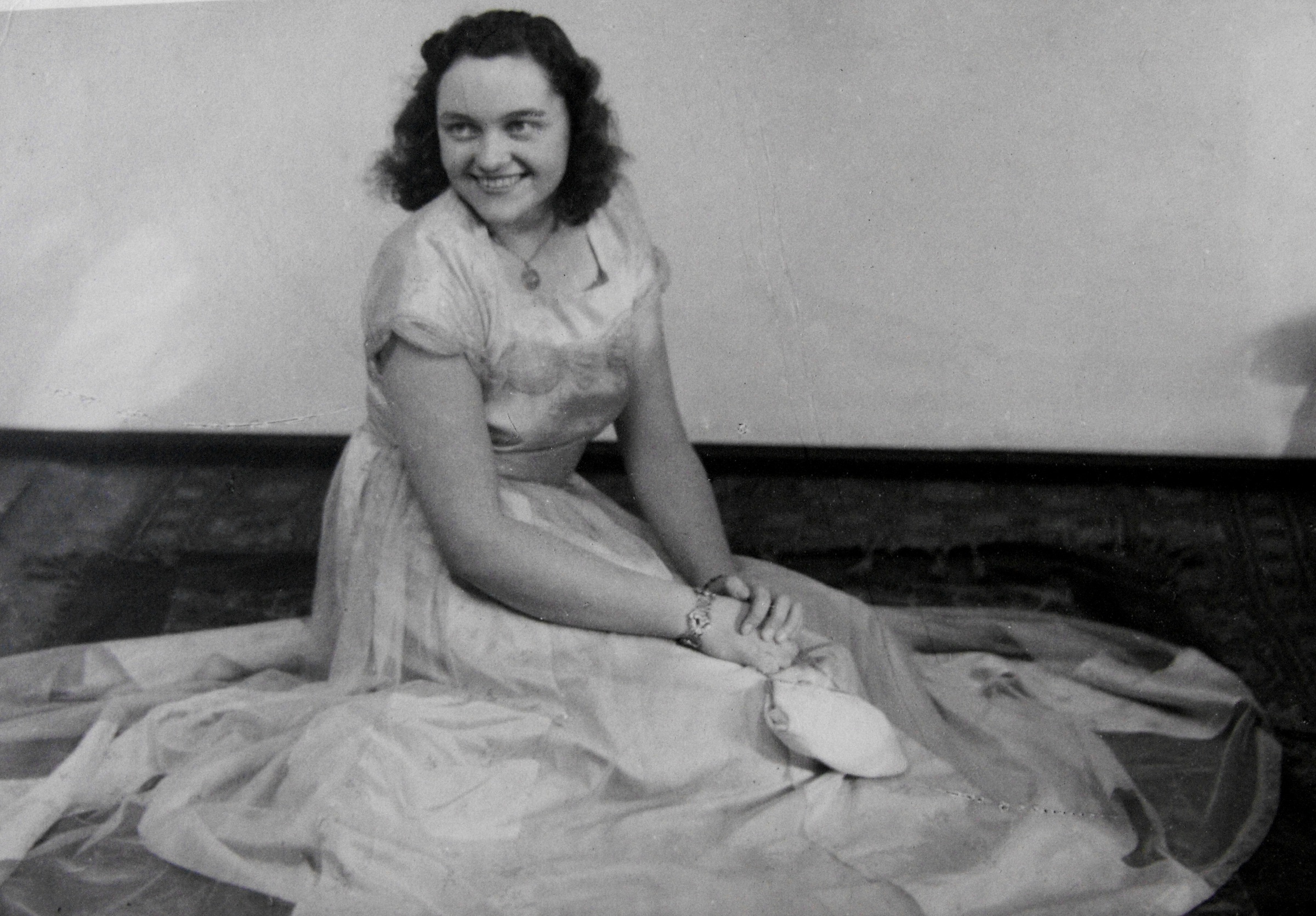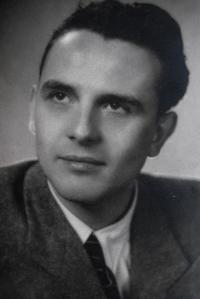My treasure trove is a family album of pictures taken by my dad

Download image
Lieselotte Kropp was born on February 14, 1930, in the family of doctor Nietzl. Together with her three-year older brother, she lived a happy childhood, frequently visiting her father’s acquaintances in Mariánské lázně and travelling abroad. This abruptly ended with the outbreak of the war. Her father was the chief doctor in a POW camp for Russian soldiers, her brother was drafted to the army, her mother worked for the Red Cross and their yard was used as living quarters by the Wehrmacht. After the war, all her relatives and friends were banished from Czechoslovakia and Lieselotte herself stayed in Czechoslovakia, albeit without Czechoslovak citizenship, basically reducing her to second-grade citizen and depriving her of the possibility to study. She had always wanted to follow in her father’s footsteps and become a child doctor. She had to work in various professions until in 1957 her dream came true and she could go to Prostějov to study midwifery. After her return, she briefly worked as a midwife in Sokolov. In 1959, she married to Hubert Kropp and together with him, moved to Kraslice, where she worked as a midwife and home consultant. In 1960, her son Petr was born and three years later she gave birth to twins - two baby girls. In 1967, they applied for a so-called “second resettlement” but their application was turned down because of a bad testimonial. In the context of the relaxation of the political situation, they were at least able to go abroad in 1967 and thus for the first time reunite with their banished relatives. The next meeting only took place in 1989. The son of Lieselotte lives in the Netherlands and one of her daughters lives in Switzerland while the other one lives in England. Her husband has deceased. Lieselotte lives in Kraslice in the company of parishioners of the priest Fořt.


















































